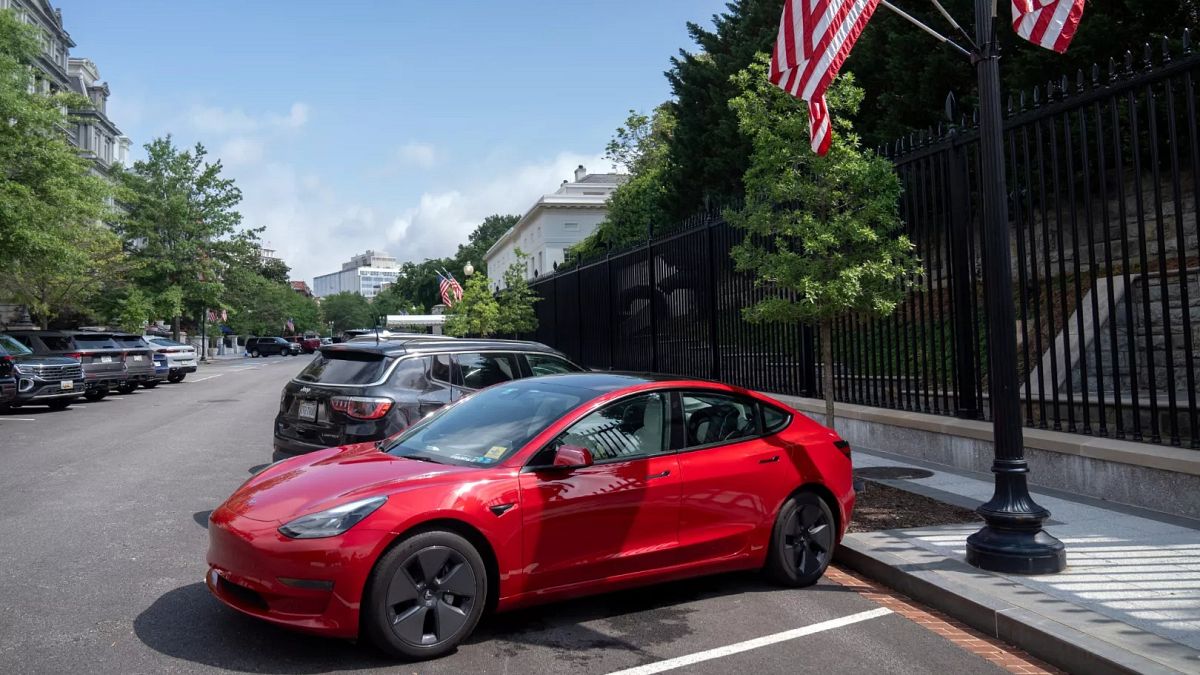Sales of Tesla electric cars fell sharply in the last three months as boycotts over Elon Musk’s political views continue to keep buyers away, a significant development given expectations that anger with the company’s billionaire CEO would have faded by now.
The company reported a 13% plunge in sales on Wednesday, in another sign that Musk’s previous support of US President Donald Trump and far-right politicians in Europe has had a deep and enduring hit to Tesla’s brand appeal.
In response to the company report, the EV maker’s shares rose modestly in early trading, as the figures were better than expected.
However, sales fell to 384,122 in April through June, down from 443,956 in the same period last year. During this period, Musk formally left the Trump administration as a cost-cutting czar and hopes rose that sales would recover.
Sales of the Models 3 and Y totalled 373,728, which was above the estimate of 356,000 from Wall Street analysts.
The new figures also suggest that Tesla could disappoint when it announces second-quarter earnings later this month. In the first three months of this year, net income fell 71%.
So far this year, Tesla’s share price has lost 24.2%.
Tesla is also facing stiff competition from other electric carmakers, especially in Europe, where China’s BYD has taken a bite out of its market share.
Musk has acknowledged that his work as head of the Department of Government Efficiency (DOGE) and his embrace of European far-right candidates have hurt the company.
But he attributed much of the sales plunge to customers holding off while they waited for new versions of Tesla’s best-selling Model Y, and recently predicted a major turnaround in sales.
The EV carmaker could face the consequences of its CEO and the US President clashing over Trump’s tax bill, turning the former allies against each other. Just a day before the figures were published, Tesla shares lost around 7% as Trump suggested in a social media post that if Musk lost his government contracts, he “would probably have to close up shop and head back home to South Africa.”
Meanwhile, US tax credits that were partially fuelling EV sales could soon be over. Senate Republicans passed a multitrillion-dollar tax-and-spending package, Trump’s “big beautiful bill”, which axes the $7,500 (€6,375) EV tax credit after September 2025.
Tesla’s latest figures come as the company is focusing less on coming out with new models and more on robots, self-driving technology and robotaxis ferrying passengers around without anyone behind the wheel.
Tesla is currently trialling robotaxis in Austin, Texas, which, so far, has gone smoothly for the most part. It has drawn the scrutiny of federal car safety regulators due of a few mishaps, including one case in which a Tesla taxi was shown, on a widely shared video, driving onto the wrong side of the road.

